Description
General Information:
Panacur and Safe-Guard, produced by Merck, are popular brands that effectively treat various parasites in animals, including roundworms, hookworms, and whipworms, and have been available for veterinary use since 1979. Known for their effectiveness in veterinary medicine, these products are not FDA-approved for human use, and several reasons highlight why.
Main Concerns:
1. Hidden Risks in Using Veterinary Medications for Humans
Using veterinary medications like Panacur and Safe-Guard in humans can be risky due to undisclosed allergens not fully listed on the product labels. Although each product contains 22.2% fenbendazole (222 mg of fenbendazole per gram of product), Merck does not disclose the remaining 78.8% of the formula, which could include several potentially harmful allergens. Additionally, Merck sources fenbendazole from China, adding another layer of concern for quality control and ingredient verification.
2. Known Hidden Ingredients and Their Risks
Research has indicated that Panacur and Safe-Guard may contain at least three key allergens that are not disclosed but could pose risks to sensitive individuals: lactose monohydrate, povidone, and maize starch.
- Lactose Monohydrate: Commonly used as a filler, lactose can cause digestive discomfort in those with lactose intolerance, leading to gastrointestinal symptoms.
- Povidone: This synthetic binder is known to cause allergic reactions in sensitive individuals, with symptoms ranging from mild skin irritation to more serious respiratory effects.
- Maize Starch: This ingredient is particularly concerning as it can cause reactions from skin rashes to respiratory distress in those allergic to maize. As a hidden allergen, it poses a serious risk for individuals unaware of its presence.
3. Lack of Transparency and FDA Non-Approval
The absence of clear labeling on these ingredients highlights significant safety concerns, especially for those considering off-label use. The undisclosed presence of lactose, povidone, and maize starch likely contributes to why the FDA has not approved these products for human use, as hidden allergens violate regulatory guidelines and create potential health risks.
Conclusion:
Цhile Panacur and Safe-Guard are effective for animal health, these hidden risks, along with the undisclosed sourcing of fenbendazole from China, make them unsuitable and potentially harmful for humans. The lack of transparency raises substantial health concerns, reinforcing the recommendation against using these veterinary products for human purposes. Careful consideration of these allergens is essential, and these products are not recommended for human use due to these undisclosed risks.
Additional Resources:
- NOAH Compendium Panacur Entry 1
- NOAH Compendium Panacur Entry 2
- MSDS Panacur Granules 22.2%
- US market patent
- Medical Research on Maize Starch Allergies: The Medical Journal of Australia.
- Amazon product: HERE

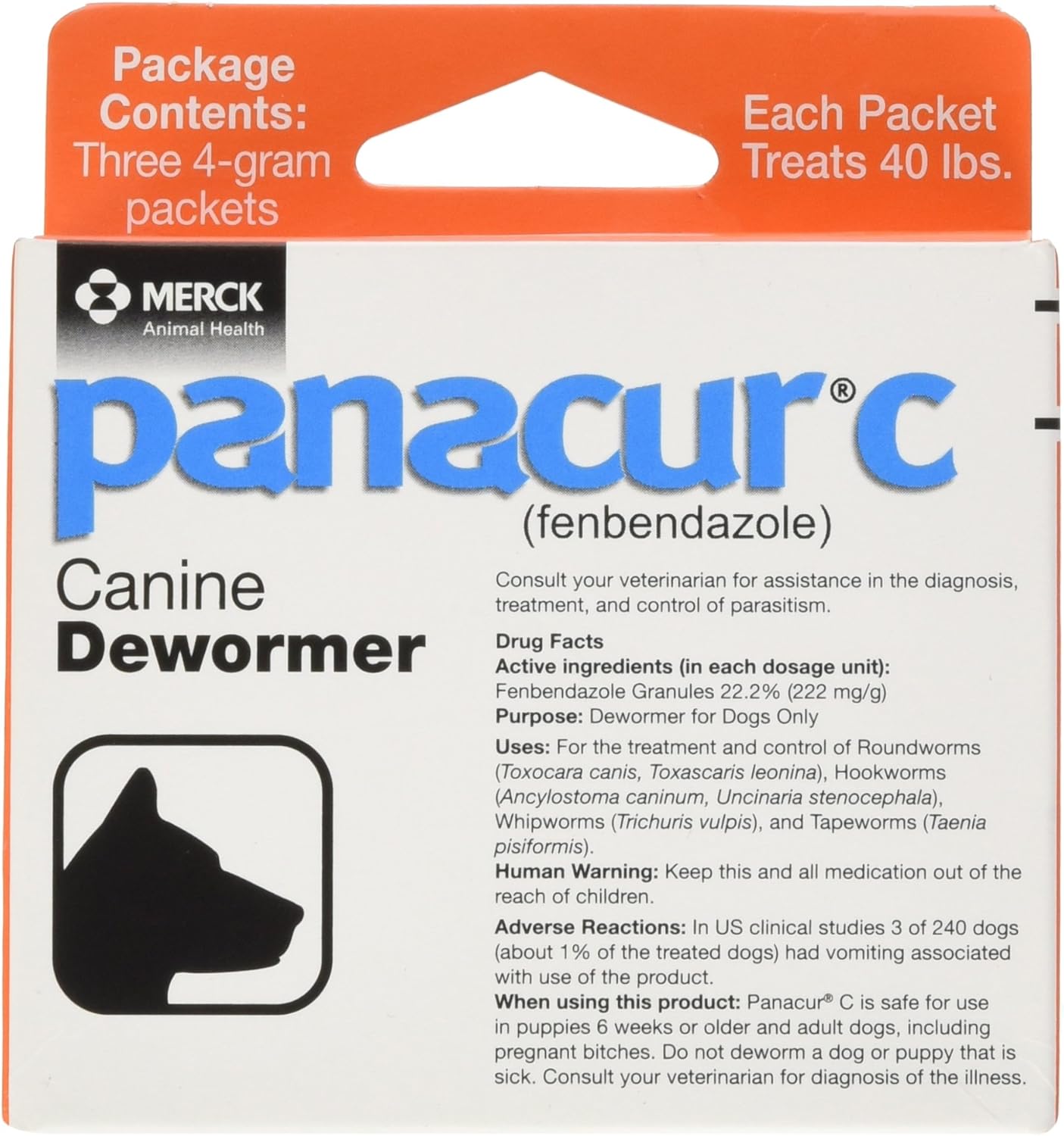
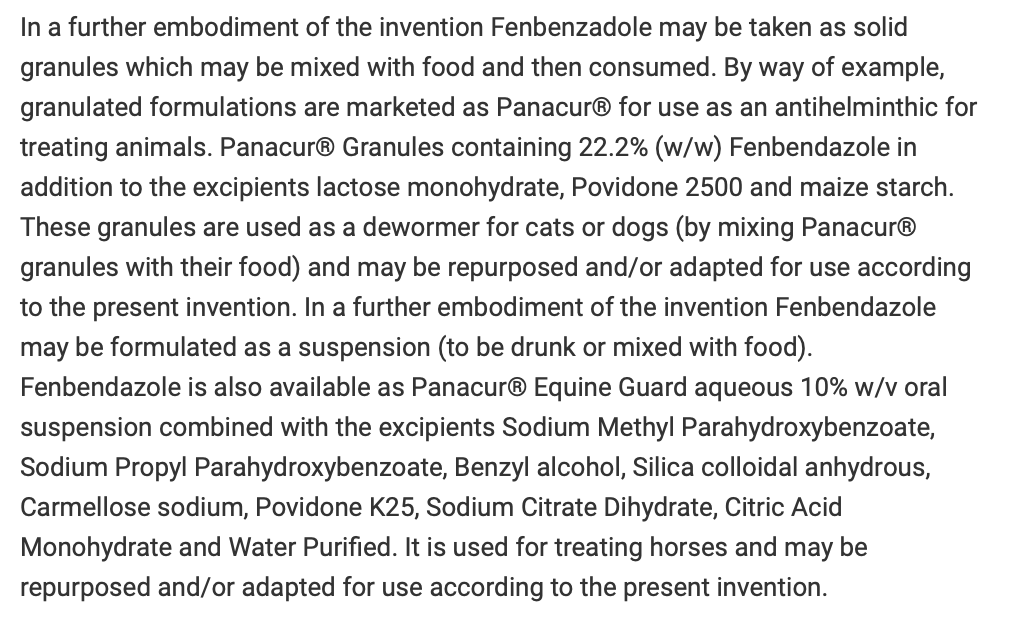
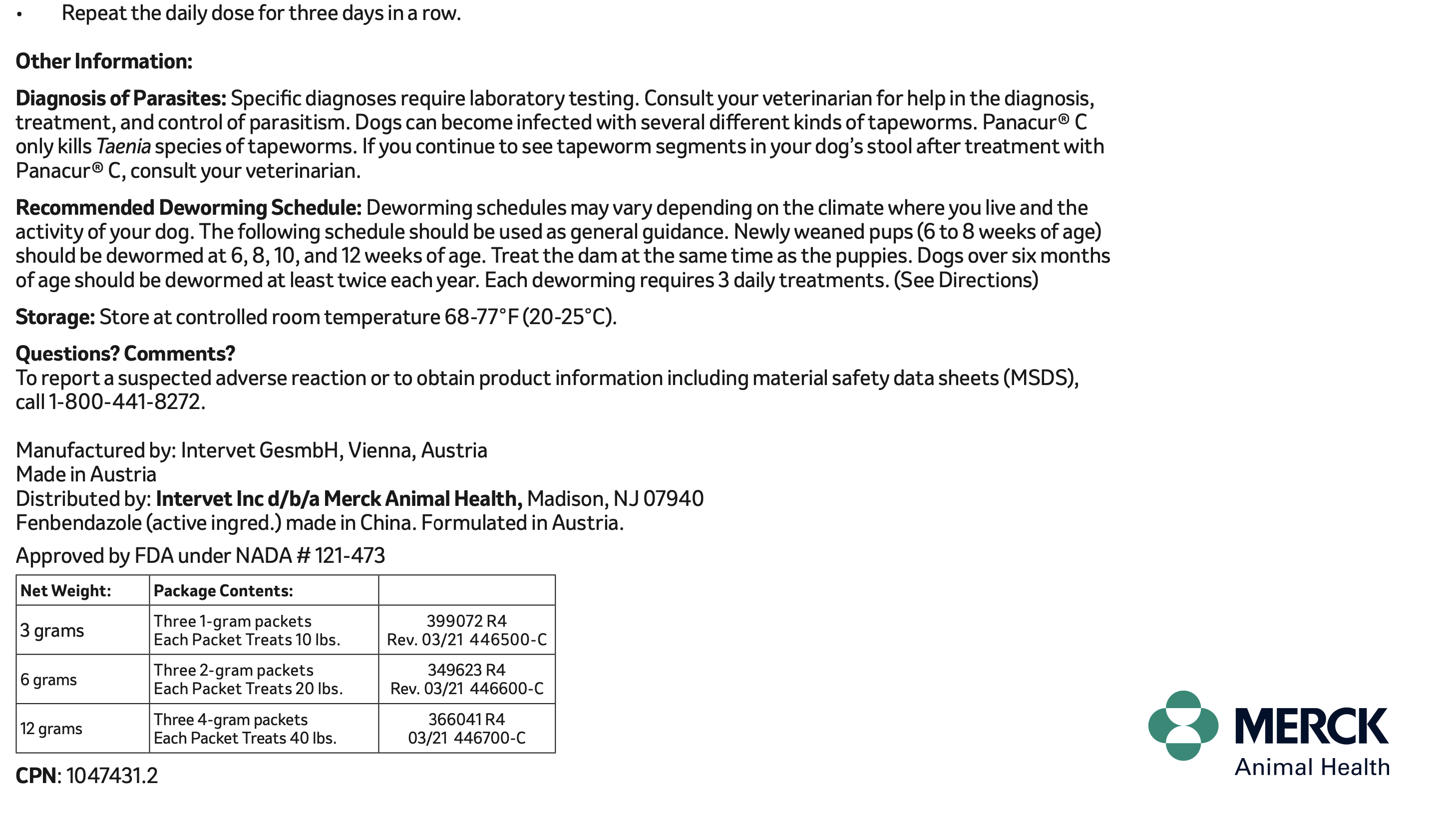
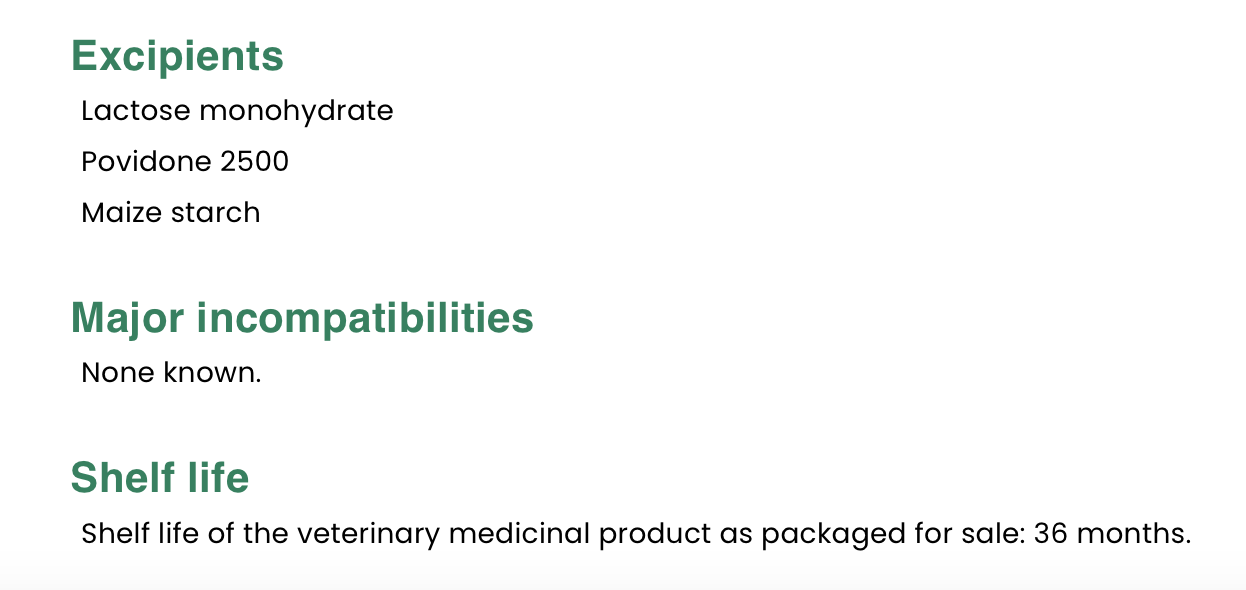
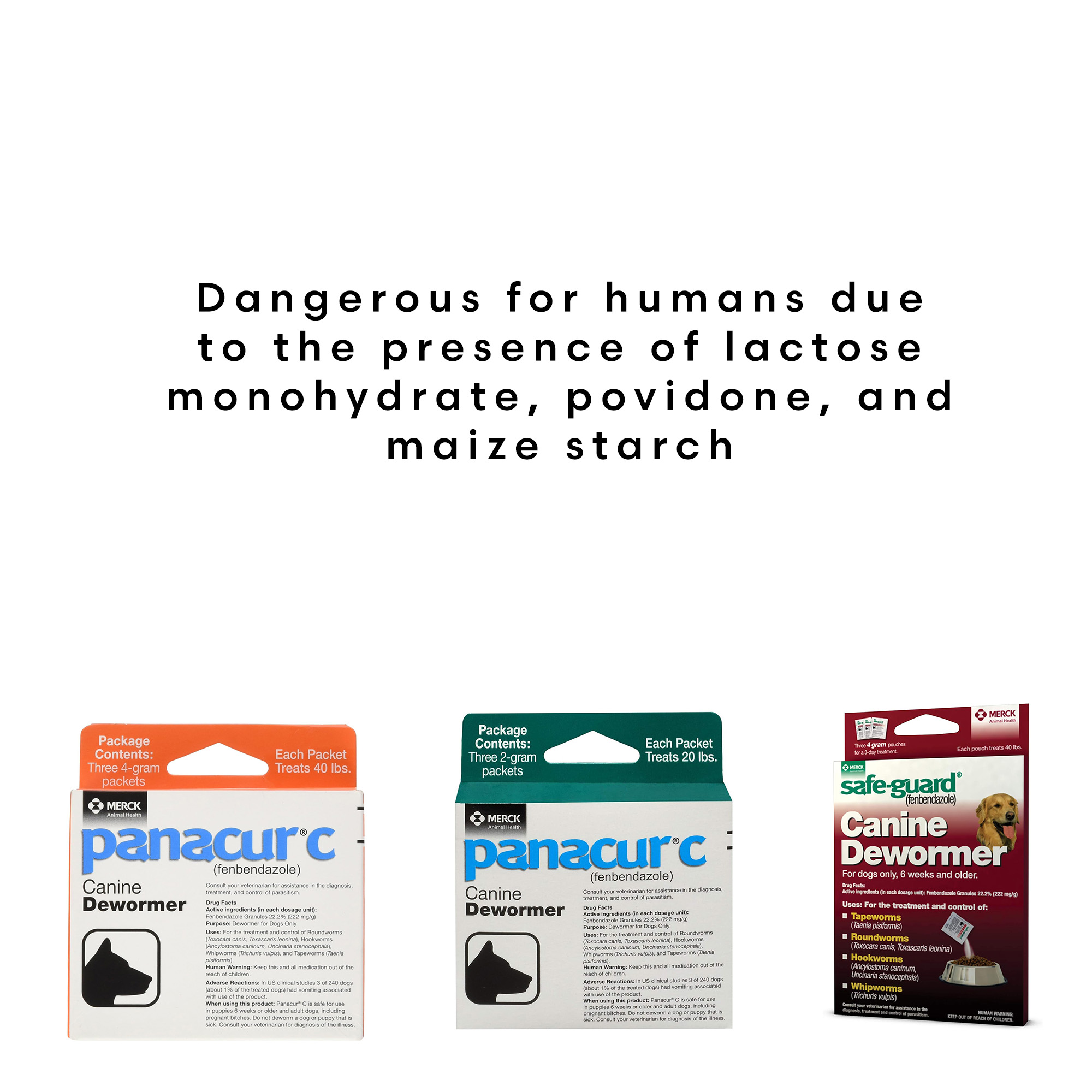
 C Tier "Average Trust"
C Tier "Average Trust"
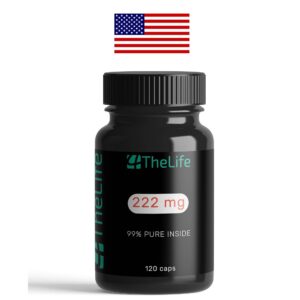

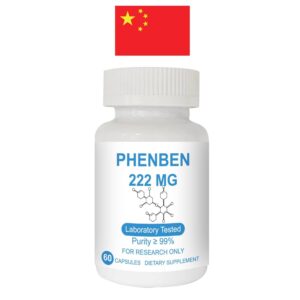

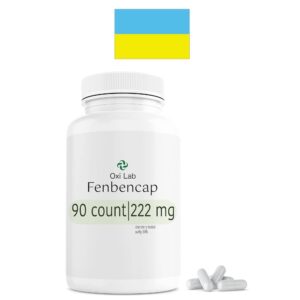
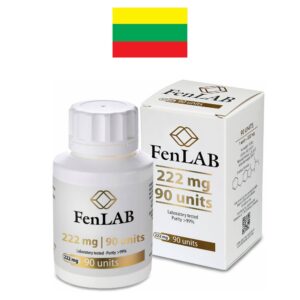
Reviews
There are no reviews yet.